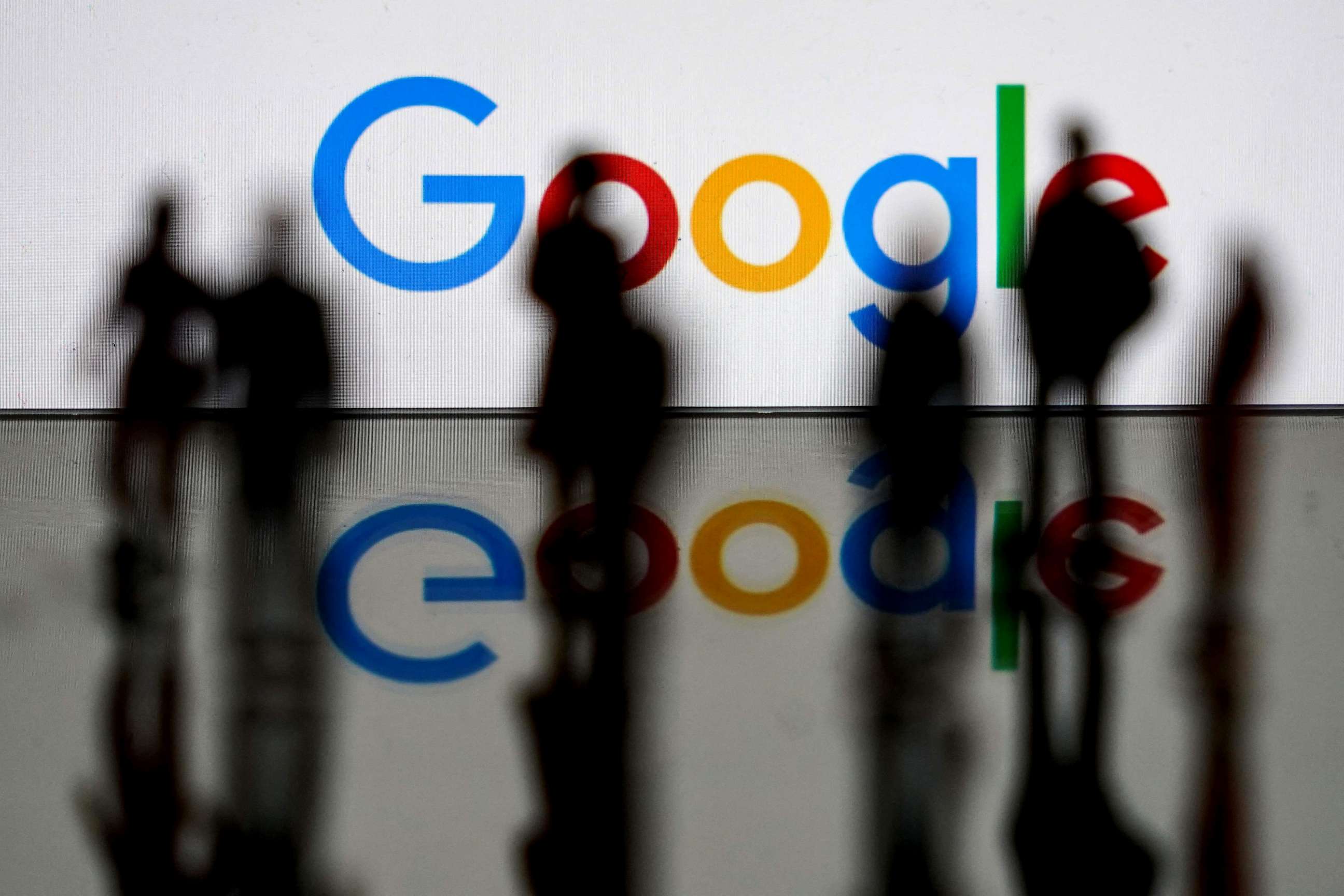DOJ set to take historic antitrust case against Google to trial
It claims Google's search engine harmed consumers by stifling competition.
The Justice Department's historic antitrust case against Google is set to go to trial Tuesday as the government seeks to prove the Big Tech giant harmed American consumers by stifling competition to maintain its dominance as the internet's leading search engine.
The lawsuit, originally brought by the Trump administration, alleged that Google acted as a "monopoly gatekeeper to the internet" for billions of users worldwide in part by using "anticompetitive tactics" by entering into exclusionary agreements with phone makers and other browsers to have Google as their default web searcher.
"Two decades ago, Google became the darling of Silicon Valley as a scrappy startup with an innovative way to search the emerging internet. That Google is long gone," the government said in its initial 2020 complaint against the company.
"The Google of today is a monopoly gatekeeper for the internet, and one of the wealthiest companies on the planet, with a market value of $1 trillion and annual revenue exceeding $160 billion. For many years, Google has used anticompetitive tactics to maintain and extend its monopolies in the markets for general search services, search advertising, and general search text advertising—the cornerstones of its empire."

Google has previously denied wrongdoing and described the Justice Department's lawsuit as "deeply flawed," that risked elevating "lower quality search alternatives," raising phone prices and making it harder for consumers to use their preferred search engines.
Filings in the case indicate the bench trial before U.S. District Judge Amit Mehta could last at least nine weeks, in what will be a crucial test for the Biden Justice Department as it seeks to potentially further reign in other tech giants like Amazon, Apple and Meta over allegations of anti-competitive behavior.
The Justice Department under President Joe Biden has a second antitrust case still ongoing against the company that focused on its alleged monopoly over advertising technology, in which the company has also denied wrongdoing.
Judge Mehta previously dismissed some of the civil charges brought against the company, according to filings unsealed in the case last month, while allowing some of the more significant charges to proceed to trial.
It's not immediately clear what a final ruling from Mehta could ultimately mean for the company, and the Justice Department has not been specific on what kind of relief it could seek should they get a full or partial victory after trial.
Experts have speculated that Mehta could order the company to discontinue any of its current default search agreements with phone companies, which net the company billions in revenue annually.
Mehta has said in previous orders that the department must make a showing at trial that the actions Google took were each intended to lock competition out of the web-browsing market.




